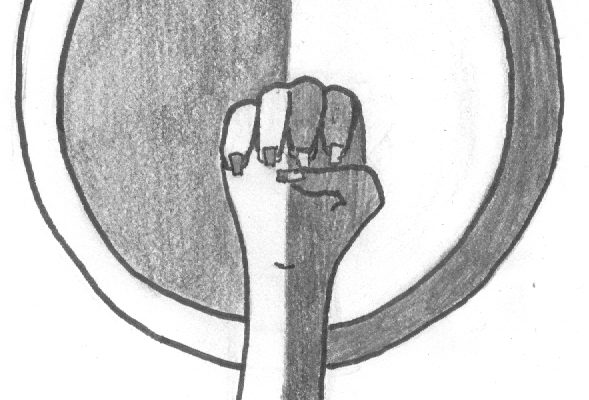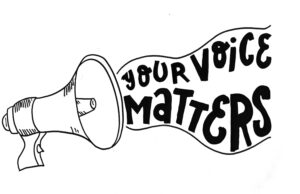Take intersectionality seriously

Violence against women of color is omnipresent. We listen to it, we read about it, we watch it happen and yet it still seems to be treated like white noise in the background of “bigger” issues. Why has the conversation of the African-American girls missing from Washington D.C. since 2017 stopped? Did you know these abductions existed? Why do we not discuss the disproportionate rates of police brutality against women of color?
The feminist movement brands itself as “intersectional” yet many in the community have remained mute to aggression and force towards women of color. Until we address the brutal hybrid of sexism and racism in America, the feminist movement will continue to inherently regress.
The documentary series “Surviving R. Kelly” aired on Jan. 3 on Lifetime Network. The series brought an uproar of a multitude of emotions for viewers — anger, confusion, anxiety — and some were able to vehemently express their convictions and adversities watching the series. These women faced physical and mental abuse at the hands of R&B musician R. Kelly; for decades, he has abused predominantly African-American girls at young ages. The issue wasn’t spreading awareness about these atrocities, but rather it was about getting people to care beyond a simple retweet. These women have spoken out prior to the series being created, but the conversation wasn’t expansive enough to lead to hopeful action.
As a musician, R. Kelly was idolized as a musical prodigy who paved the way for R&B’s place in mainstream media. “Ignition (Remix)” is one of the most iconic songs that defined the 2000s era. Music can be so overwhelming at times that we tend to forget to think about its contextual implications. We must separate the artist from their music. The victims of R. Kelly’s abuse must supercede the public’s love for “I Believe I Can Fly” or “I Wish,” no matter how catchy the song.
A large portion of those who claim to be feminists remained silent on the conversation. The women in the “Surviving R. Kelly” series should receive the same support white women received amidst the Harvey Weinstein allegations. Race identity politics must be united with feminist activism. If you are a feminist, then your empowerment must transcend your socioeconomic status, race and country. “Intersectionality” is not just an adjective you add to your tweets to sound politically correct. All activists must be comfortable and ready to recognize, support and stand up to one another’s oppressions.
Living in Conejo Valley, a predominantly white community, we cannot look the other way. Neglecting the oppressions of people of color or the injustices faced in different communities makes Conejo Valley complicit in the problem. It’s important we elevate the voices of people of color in our community. Representation in schools, committees and local politics is vital to the development of identity. When people are represented they feel valued. It’s our job to raise awareness about issues that aren’t directly related to our own lives and cultures. Show them they matter.



